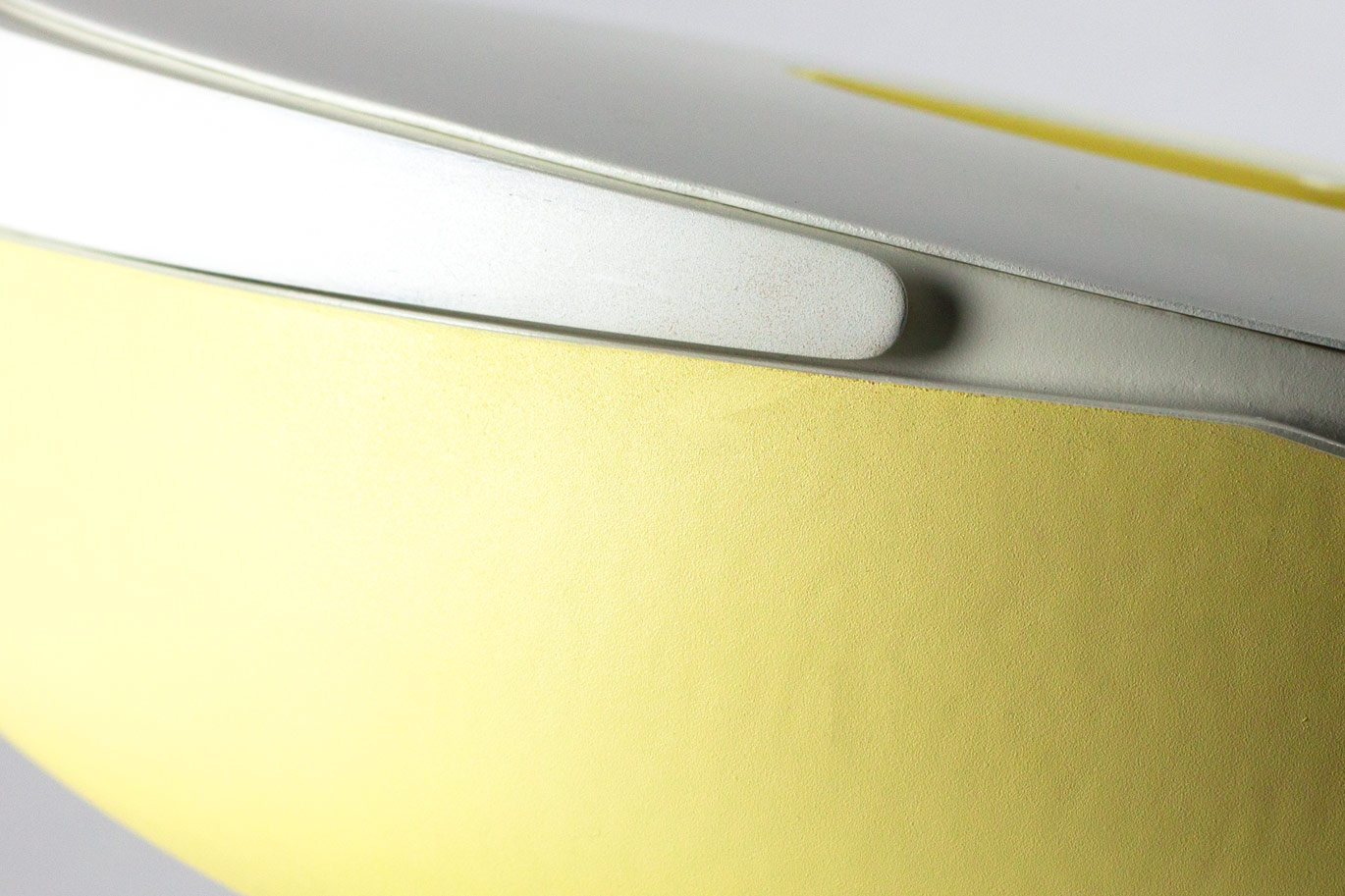- Winter 2020
Syllabus Description:
ART H 214: ART OF INDIA FROM MOHENJO-DARO TO THE MUGHALS
MW 10:30-12:20
Winter 2020
Professor Sonal Khullar
Office: 363 Art Building
E-mail: skhullar@uw.edu
Office hours: Monday 12:30-1:30, and by appointment
Course description:
The course surveys the material culture and artistic production of South Asia, which comprises the modern nation-states of India, Pakistan, Bangladesh, Nepal, Bhutan, and Sri Lanka, from antiquity through the early modern period. We attend to traditional art historical concerns such as the role of the artist, treatment of materials, systems of patronage, development of style, theories of aesthetics, and iconographic analysis. We relate South Asian art to its social contexts, emphasizing exchange and interaction between cultures and groups, including but not limited to artists, pilgrims, merchants, warriors, and kings; Buddhists, Hindus, Jains, Muslims, Sikhs, and Christians; Indians, Persians, Europeans, Central Asians, and Southeast Asians. We consider questions of iconophilia and iconoclasm, narrative and temporality, archeology and historiography, ritual and religion, sovereignty and kingship, gender and sexuality, urbanism and empire, colonialism and nationalism as they pertain to the images, objects, and sites of our study. Students with a background in art history, studio art, architecture, history, religion, literature, anthropology, or South Asian Studies are especially welcome.
Course requirements:
Your grade will be assessed on the basis of active participation in class (10%); two short papers (Paper 1: 30%; Paper 2: 30%; and a unit exam (30%, two slide comparisons and four definitions of key terms or concepts). The unit exam will cover weeks 8-10 of the course.
All assignments must be completed for a passing grade. There will be no make-up exams.
If you need an extension on a paper, please contact the instructor at least 48 hours in advance of the deadline. Note that you must have a valid reason, such as a documented illness, a family emergency, or a major assignment due the same day. For every day (including weekends) your paper is late, I will deduct half a grade. That is, a 4.0 will become a 3.5, a 3.5 will become a 3.0, etc. Papers handed in on the day they are due but after class are also late. All papers must be typed, double-spaced, with 1-1.25 inch margins and in a 12-point font.
Course materials:
The textbooks for the course are Vidya Dehejia, Indian Art (London: Phaidon, 1997) and Diana Eck, Darsan: Seeing the Divine Image in India (New York: Columbia University Press, 1998). Both are available for purchase at the University Bookstore, 4326 University Way NE, Seattle, WA 98105. The telephone number of the bookstore is (206) 634-3400.
Required readings are in your textbook and/or on the Canvas site: https://canvas.uw.edu/courses/1353040. All readings are also available at the reserve desk of the Art Library.
On the Canvas site, I have provided a list of recommended for each lecture in the syllabus. Information on the Internet regarding South Asian art and culture is unreliable, so students are encouraged to refer to the required and recommended readings and/or to consult the instructor.
Course policies:
All scheduled lectures, readings, and screenings are subject to change. You are responsible for any changes mentioned in class, including changes to the class schedule or course policies.
Absences from class prevent participation and may negatively affect grades. If you are absent from class due to personal or medical emergencies, immediately notify the instructor, find out what you missed from a classmate, and insure that all assignments and exams are completed.
Students who miss lecture regularly are not only unable to complete assignments successfully, but they also typically perform poorly on exams and risk failing the course. If your schedule is such that you are likely to be habitually absent or tardy, please take this course in a future quarter when you have the necessary time to dedicate to it.
Please arrive in class on time and turn off your cell phones in advance.
Link to Full Syllabus with Weekly Schedule



